Open source toolkit for EnVision and Veritas image data - EnVision
Open source toolkit for EnVision and VERITAS SAR imagery simulation and intermission change detection
PhD researcher:
Gerard Gallardo i Peres (Imperial College London)
Supervisors:
Dr. Philippa J Mason (Imperial College London)
Prof. Richard Ghail (Royal Holloway, University of London)
ESA support:
Dr. Anne Grete Straume-Lindner
Dr. Colin Wilson
IsardSAT support:
Dr. Alba Granados
Dr. Mònica Roca
NASA JPL collaborator:
Dr. Scott Hensley
The main objective of this PhD project is to develop methodologies, algorithms and tools for automated change detection analysis of repeated Venus SAR dual polarization imagery. The work will exploit state-of-the-art techniques for automated feature matching, object tracking, and change detection. The algorithms will operate on SAR intensity, as well as on phase and coherence in case Repeat Pass Interferometry becomes achievable during the project duration. The tools will be aimed at semi-automated feature identification, based on machine learning techniques.
To achieve these objectives, the following approach will be applied. In a first step, future VenSAR and VISAR imagery will be simulated. This is a critical input to the development of the image inter-comparison tool amongst the Venus SAR missions (including Magellan, VERITAS and EnVision). This is followed by an analysis of how the differences in the design and observation parameters of the different sensors might shape the tools performance, particularly in the case of change detection. Finally, a robust integration of the different EnVision datasets will be done to achieve the synergies described in the previous paragraph.
To perform these tasks, the research will exploit freely available terrestrial Earth Observation SAR datasets, e.g. Sentinel-1, and others such as NovaSAR-1. Test data from NASA JPL/DLR X-, S- and L-band airborne SAR datasets (acquired for the VERITAS mission) will also be explored as soon as they become available. Venus’s remote sensing data from Magellan, Pioneer Venus and Venus Express will also be used and/or explored.
The research tasks will include:
- Review of current state-of-the art SAR processing methods and of Machine Learning approaches for information extraction from Earth Observation data.
- Simulating EnVision and VERITAS image products using Magellan and Earth analogue data
- Development of a semi-automated change detection pipelie for intermission change detection
- Development of a ML tool to integrate products from all EnVision sensors (VenSAR, VenSpec-M and SRS), extract their information and then produce level-2 geomorphology products.
- Modelling/sensitivity analysis of the different parameters which might vary between the different radar missions to Venus: local incidence angle, resolution, wavelength and polarization. Assess their impact on change detection ability/success.
- Testing and validation of the tools on terrestrial EO data, using Earth analogue test sites.
- Develop a single UI interface to integrate the different tools as an open source toolbox.
This project is co-funded by the ESA OSIP programme
- Removed a total of (1) style text-align:center;
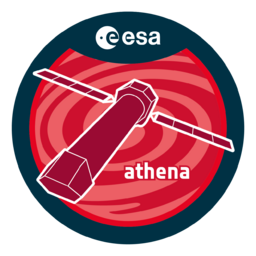
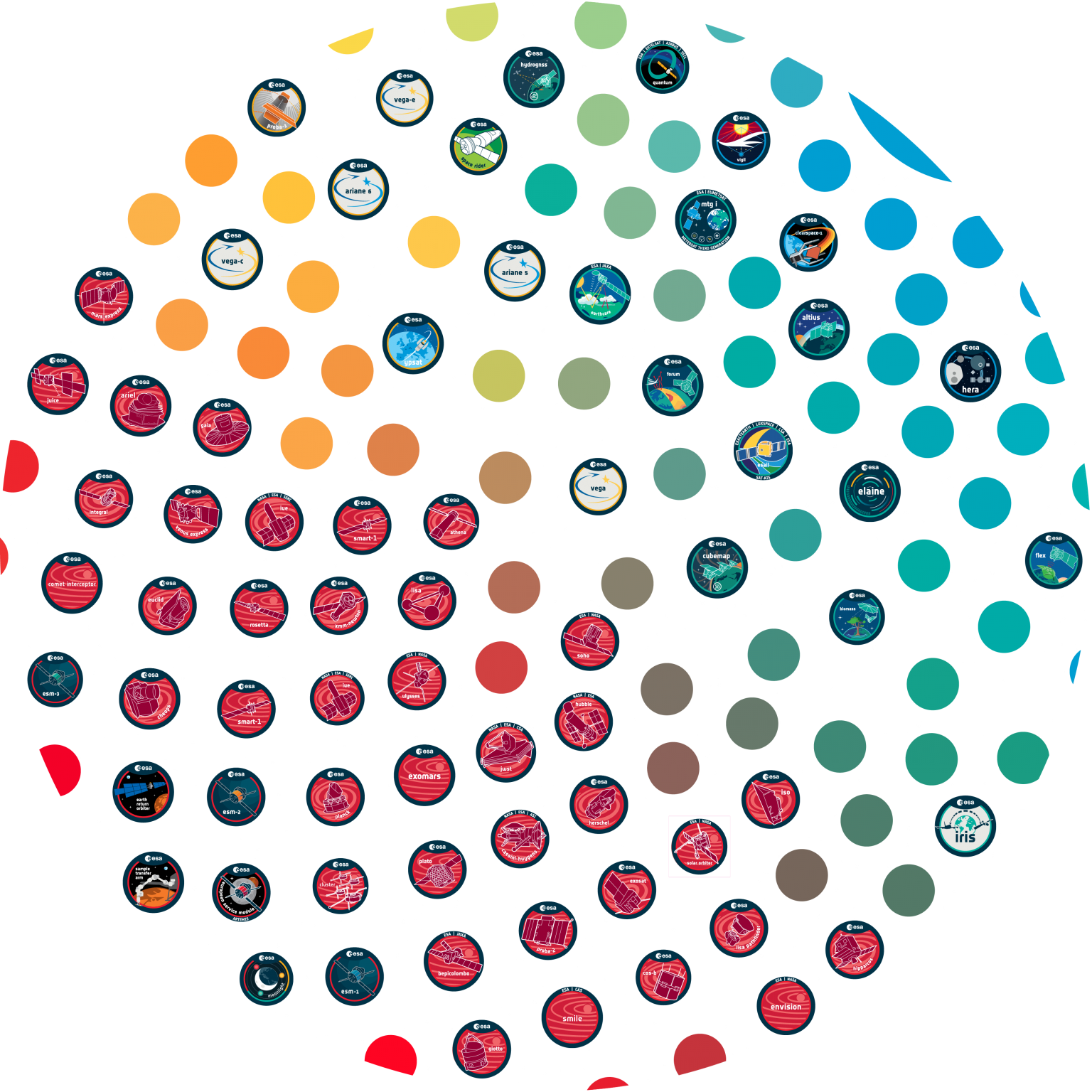
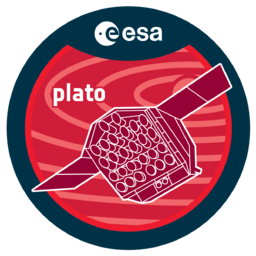
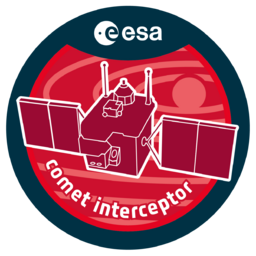

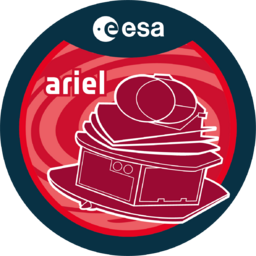
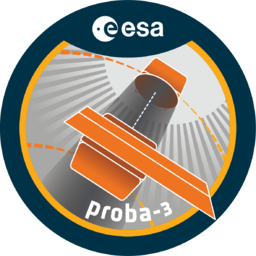
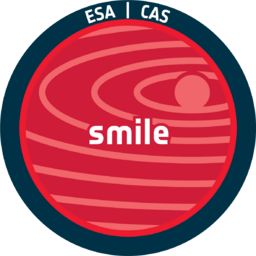
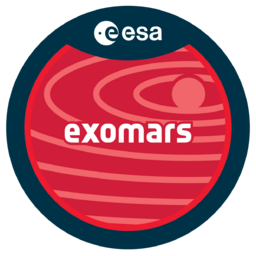
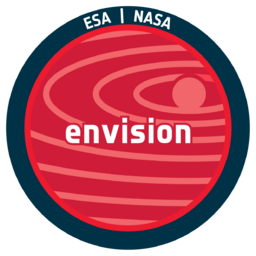
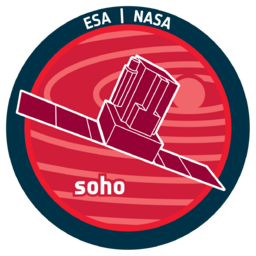
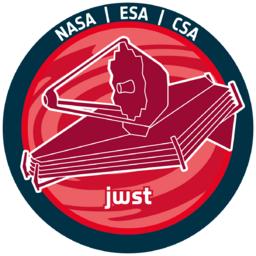
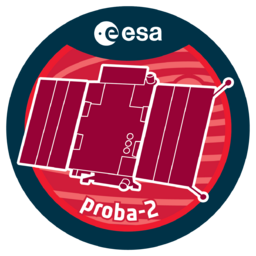
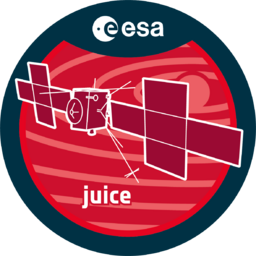
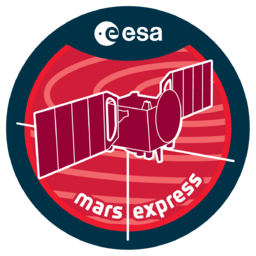
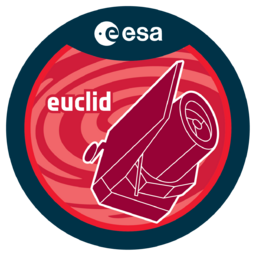
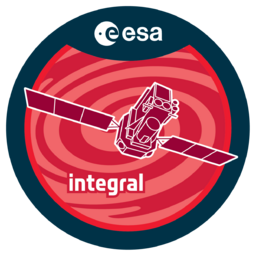
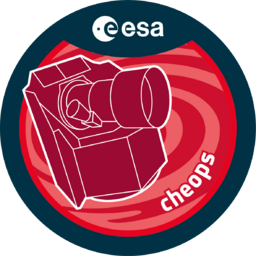
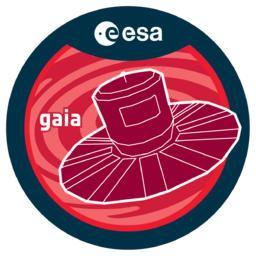
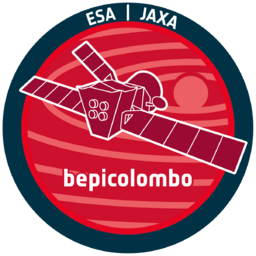
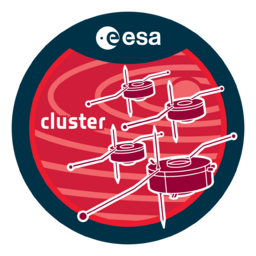
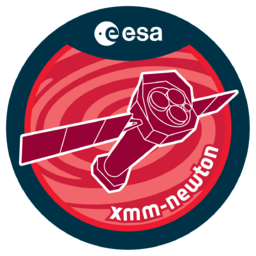
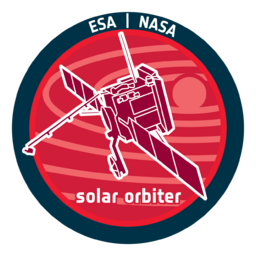
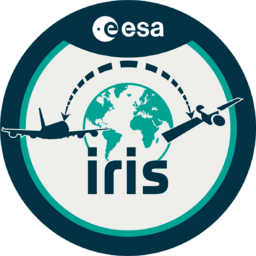
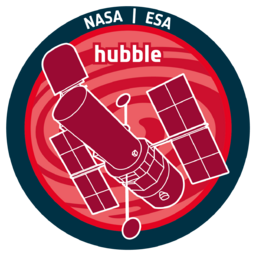
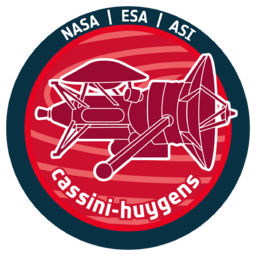
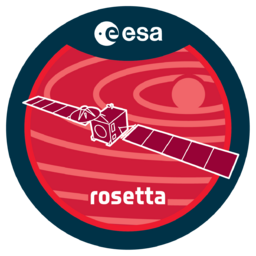
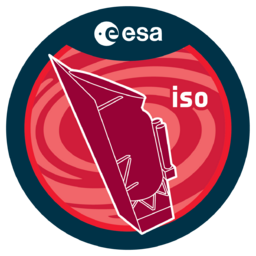

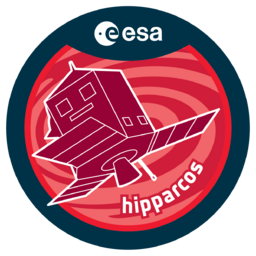
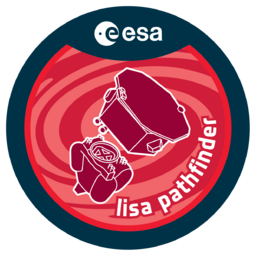
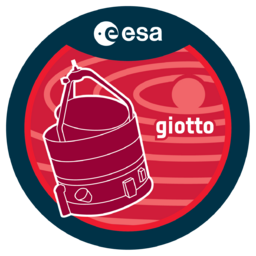
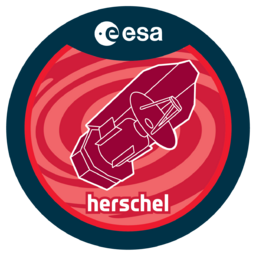
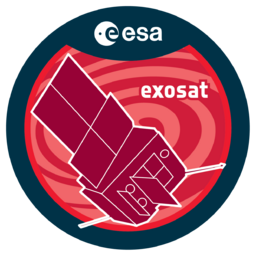
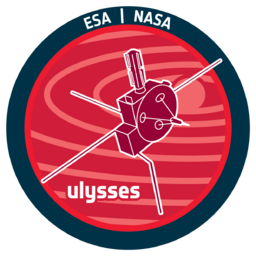
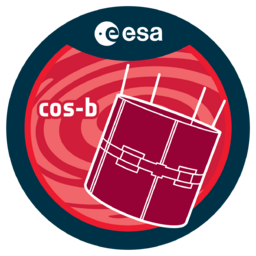
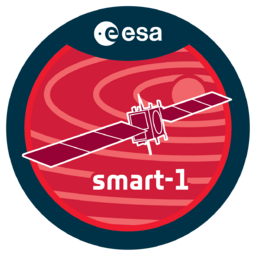
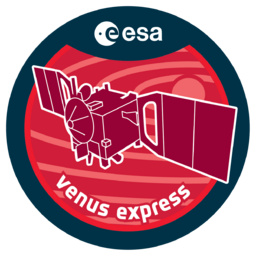
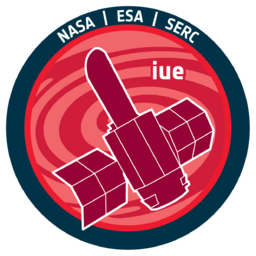

 Sign in
Sign in
 Science & Technology
Science & Technology